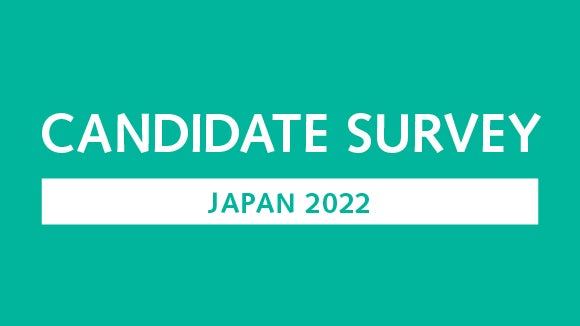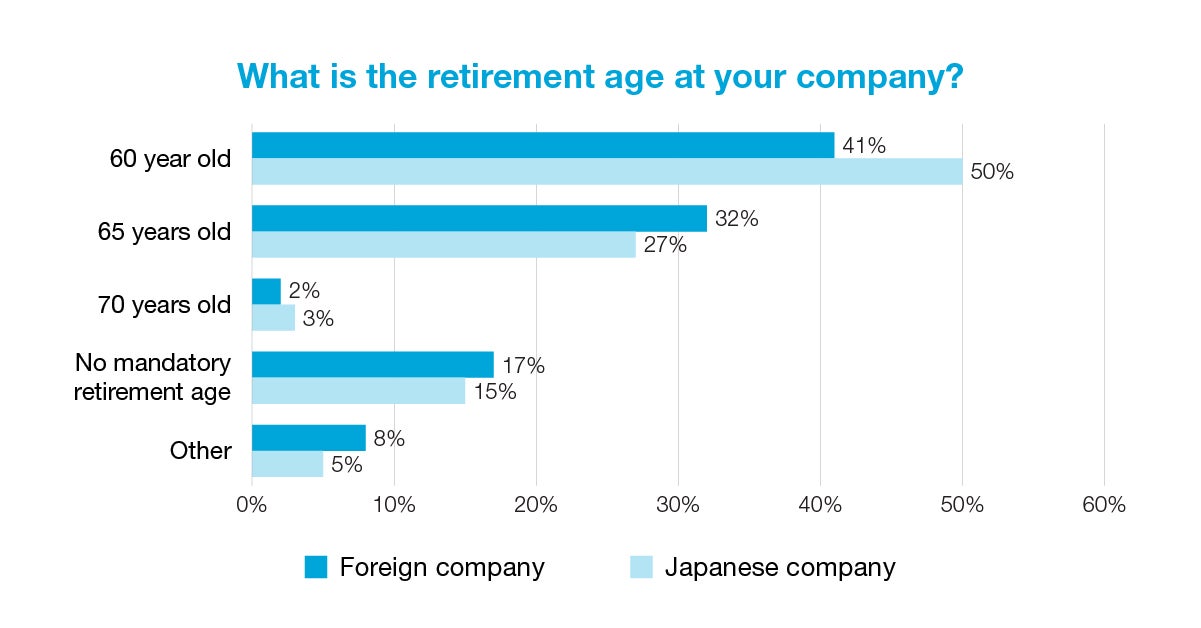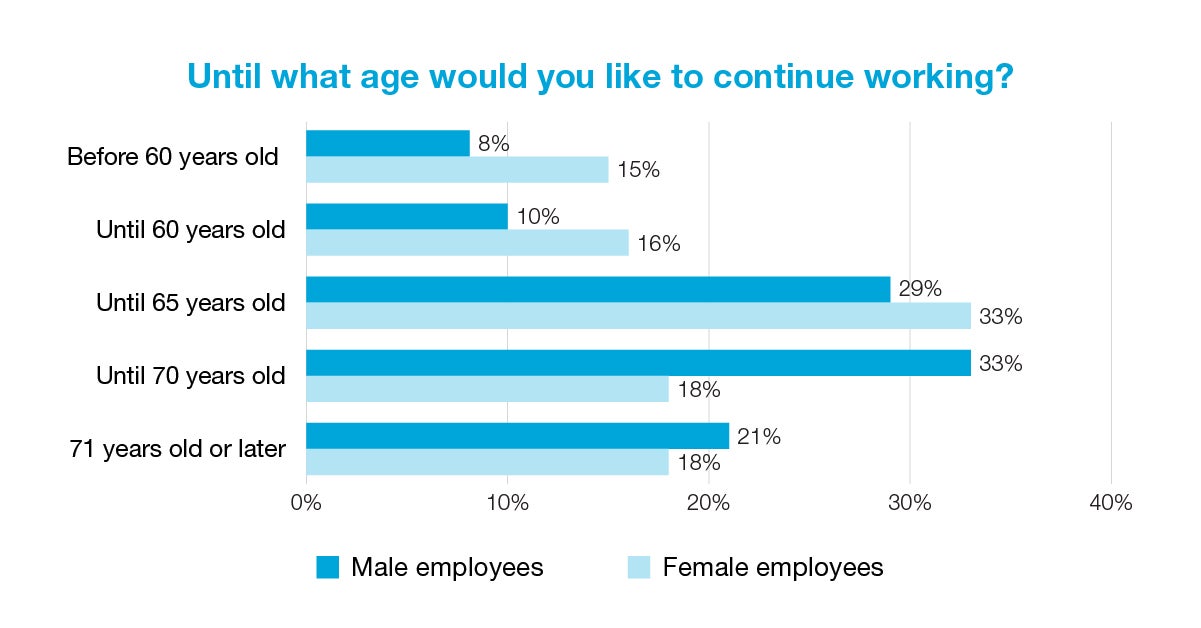Jobs
Let our industry specialists listen to your aspirations and present your story to the organisations in Japan that fit you the best as we collaborate to write the next chapter of your successful career.
See all jobsCandidates
Together, we’ll map out career-defining, life-changing pathways to achieve your career ambitions. Browse our range of services, advice, and resources.
Learn moreServices
Japan's leading employers trust us to deliver fast, efficient hiring solutions that are tailored to their exact requirements. Browse our range of bespoke services and resources
Read moreRecruitment outsourcing
Insights
Whether you’re seeking to hire talent or seeking a new career move for yourself, we have the latest facts, trends and inspiration you need.
See all resourcesAbout Robert Walters Japan
For us, recruitment is more than just a job. We understand that behind every opportunity is the chance to make a difference to people’s lives
Learn moreWork for us
Our people are the difference. Hear stories from our people to learn more about a career at Robert Walters Japan.
Learn moreContact Us
Truly global and proudly local. Speak to us today on your recruitment needs.
Our locations
Let our industry specialists listen to your aspirations and present your story to the organisations in Japan that fit you the best as we collaborate to write the next chapter of your successful career.
See all jobs- Accounting & finance
- Automotive
- Banking & financial services
- Chemical
- Digital
- Energy & infrastructure
- Healthcare, medical & pharmaceutical
- Human resources
- Industrial & electrical
- Legal, compliance & risk
- M&A advisory & consulting
- Marketing
- Retail
- Sales
- Secretarial & business support
- Supply chain & procurement
- Tax & assurance
- Technology & transformation
Together, we’ll map out career-defining, life-changing pathways to achieve your career ambitions. Browse our range of services, advice, and resources.
Learn moreJapan's leading employers trust us to deliver fast, efficient hiring solutions that are tailored to their exact requirements. Browse our range of bespoke services and resources
Read moreRecruitment outsourcing
Whether you’re seeking to hire talent or seeking a new career move for yourself, we have the latest facts, trends and inspiration you need.
See all resourcesFor us, recruitment is more than just a job. We understand that behind every opportunity is the chance to make a difference to people’s lives
Learn more- Our story
- Investors
- Partnerships
- Equity, diversity & inclusion
- Our client and candidate stories
- ESG and corporate responsibility
- FAQs
Work for us
Our people are the difference. Hear stories from our people to learn more about a career at Robert Walters Japan.
Learn moreTruly global and proudly local. Speak to us today on your recruitment needs.
Our locations



